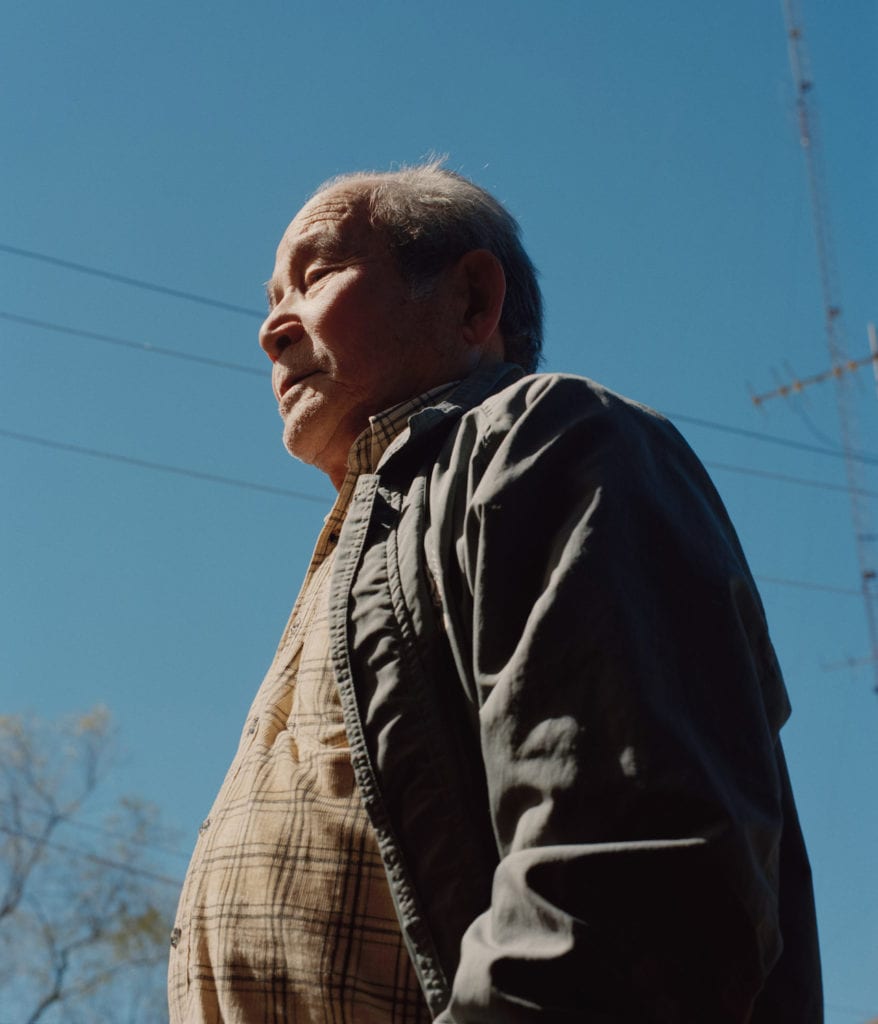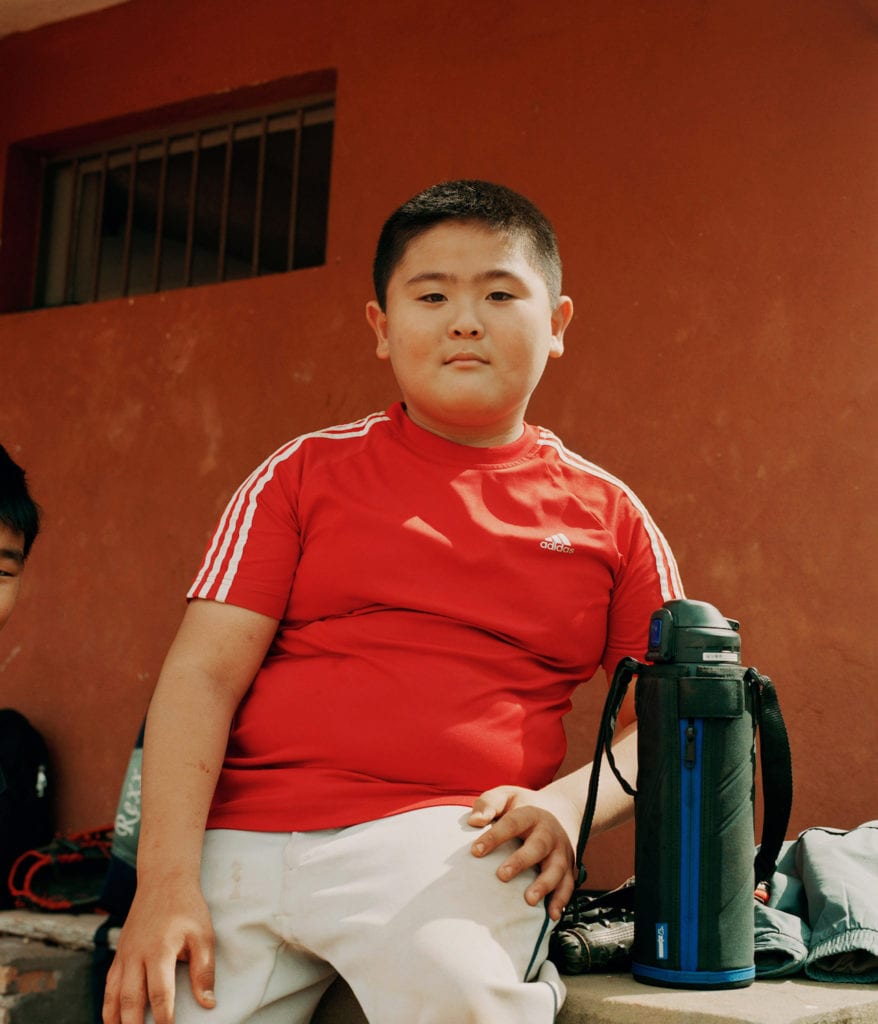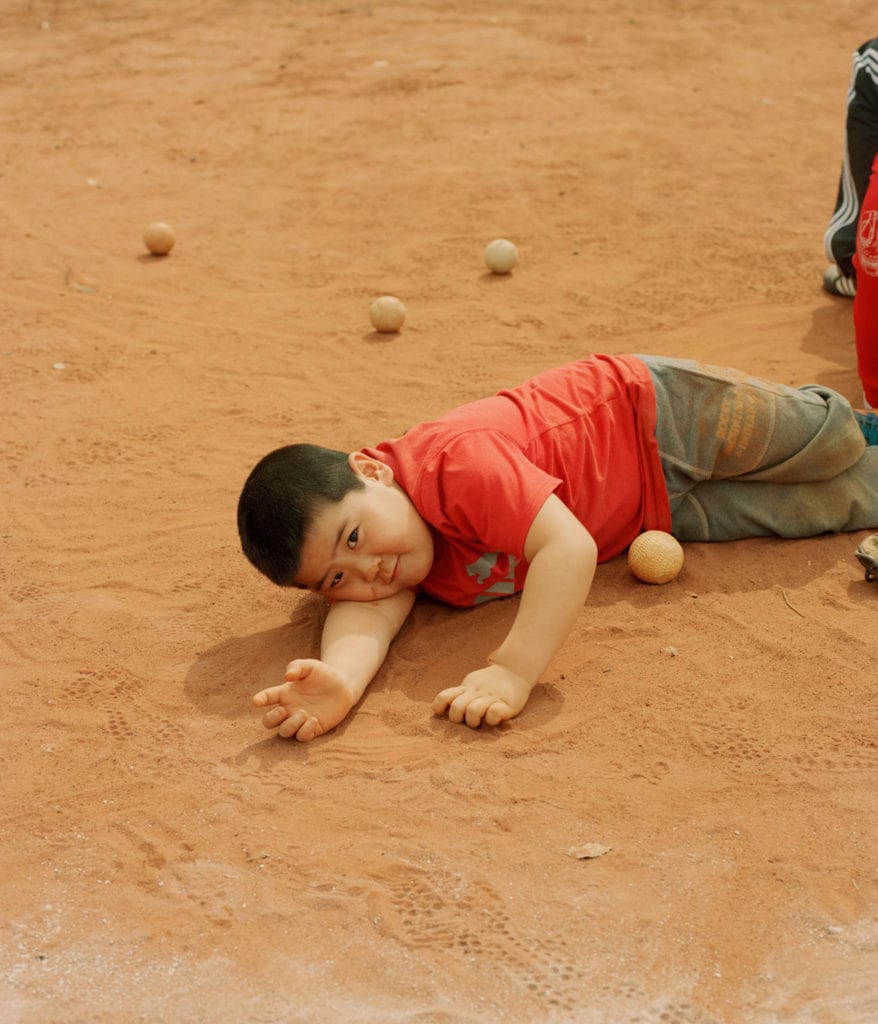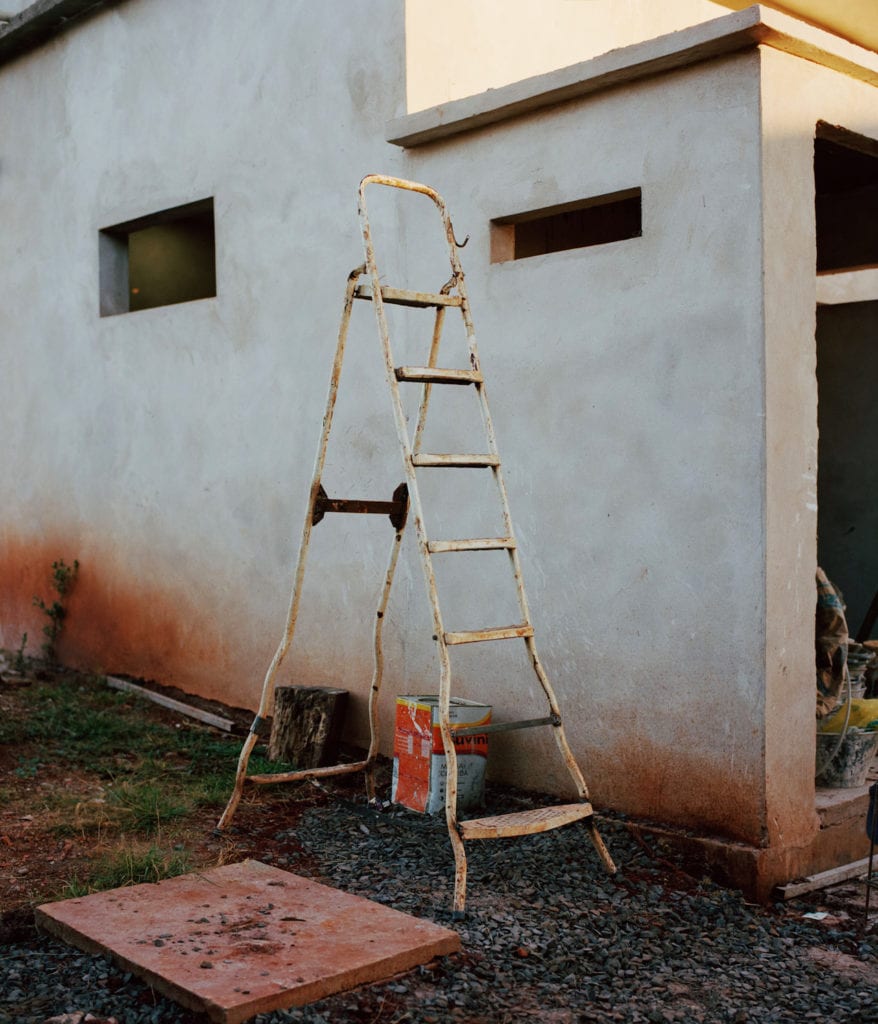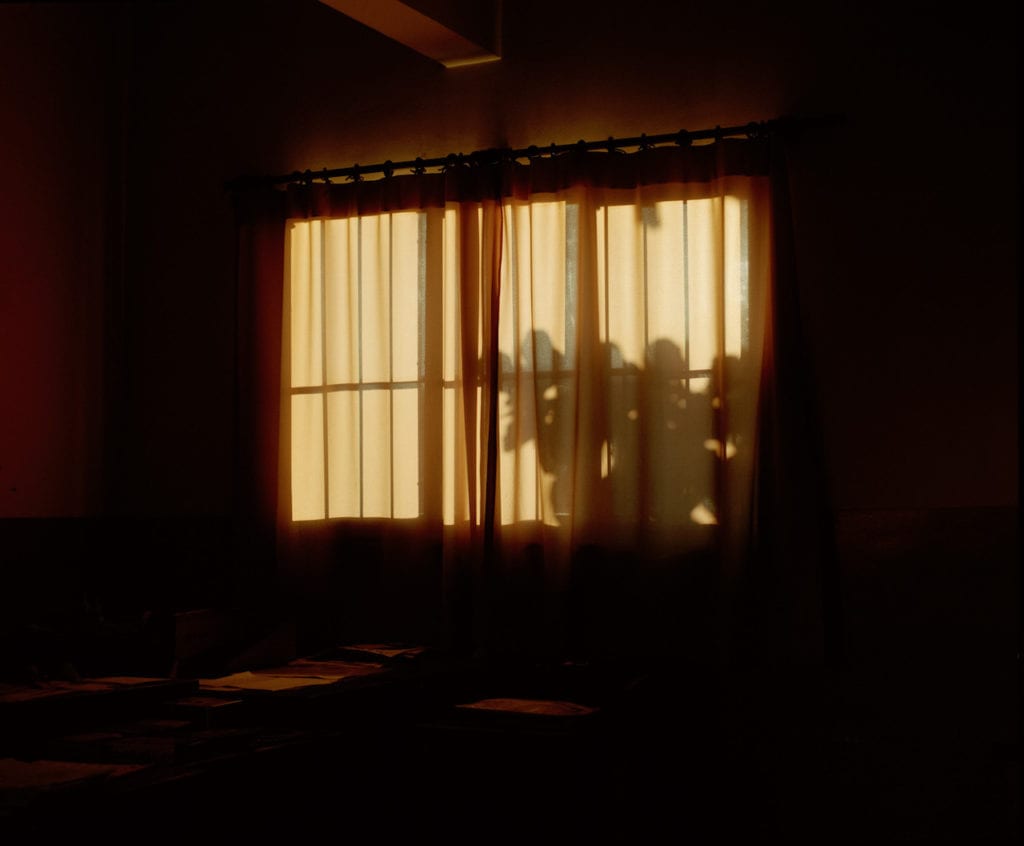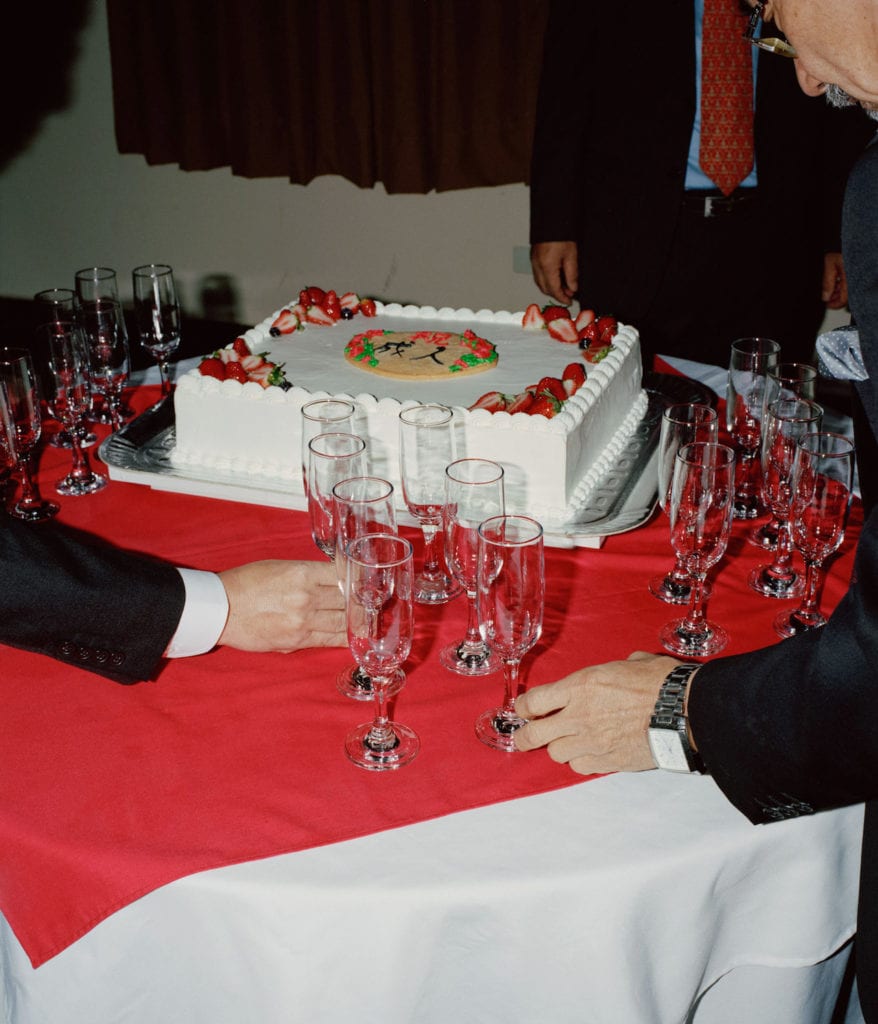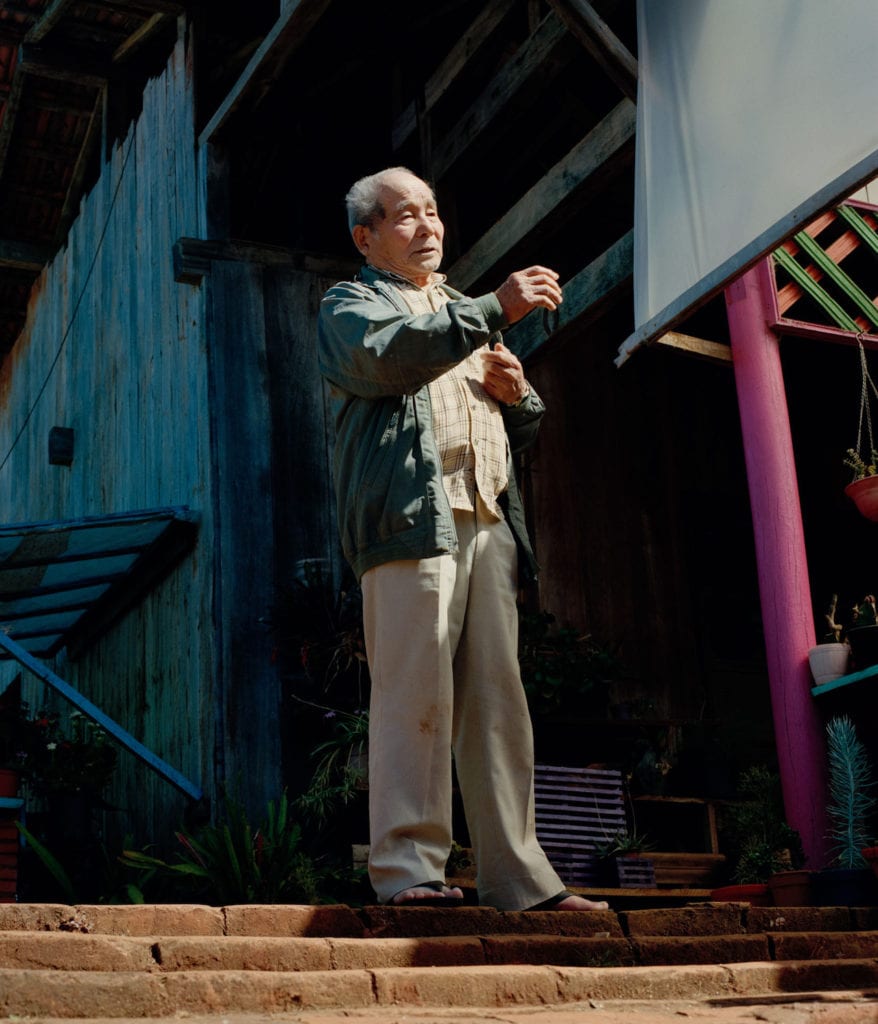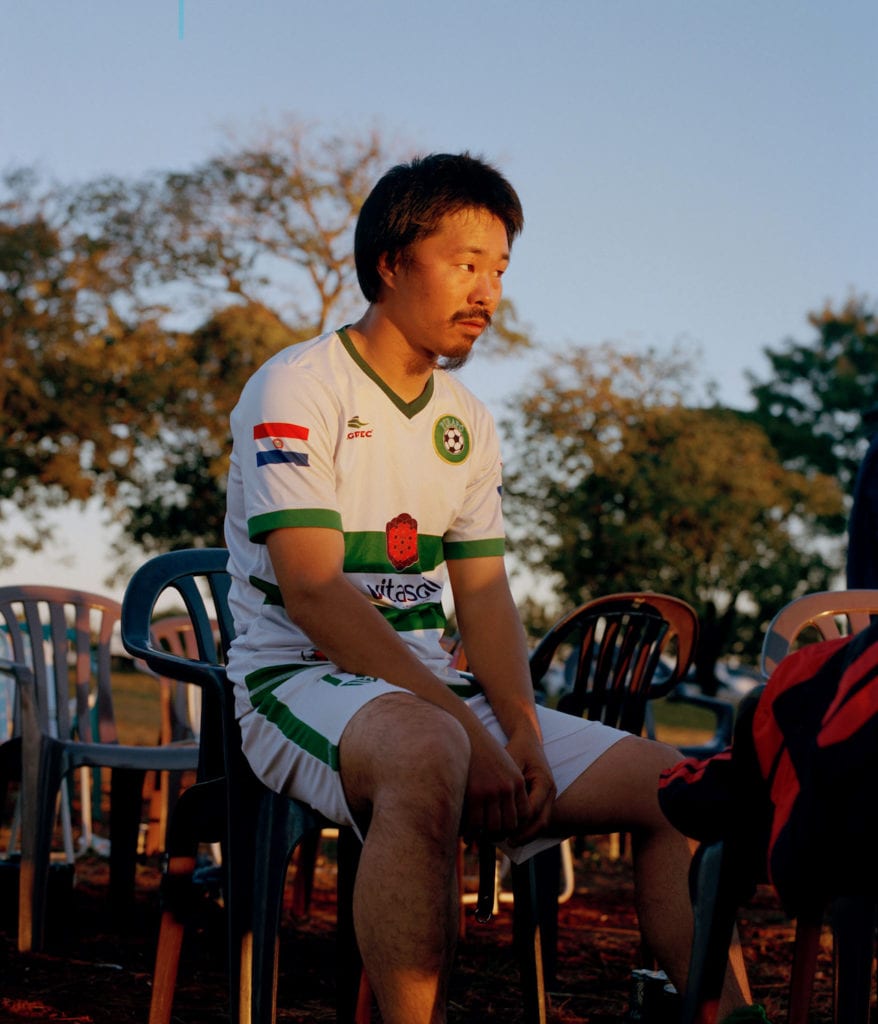In 2018, three years had passed since Ricardo Nagaoka had returned to his home in Paraguay, the place that had once been the subject of all of his photography. Due to visa restrictions, Nagaoka was unable to leave the US to visit his family, and when he finally returned in August 2018, his intention was to see how his perspective, both photographically and in relation to cultural identity, had changed.
The photographer, who is third-generation Japanese, was born and then raised in Paraguay until the age of 12, when his family relocated to Ontario, Canada. They lived there for six years before Nagaoka moved to study in the US, where he is now based, while his family moved back to Paraguay.
Compared to other ethnic minorities in the country, the Japanese diaspora is relatively small, “but their presence is felt,” says Nagaoka. The first wave of Japanese immigrants arrived in Paraguay in 1936 after the Chaco War, when the government was offering free land to immigrants, in exchange for help in re-establishing their crops. This unique upbringing within a minority community led Nagaoka to explore cultural identity through photography in his hometown.
The title of Nagaoko’s new self-published book, Tierra Colorada – meaning red earth – is a reference to the iron-rich soil that covers large areas of Paraguay, as well as to the national colour of Japan. It includes portraits of children, teenagers, and elderly residents, alongside images that reference the elements of Japanese culture that have been preserved through generations.
“Before [three years ago], I was questioning how much my heritage and the history of my family mattered, and how we could preserve this culture,” says Nagaoka. But when he returned to photograph the same community three years later, though the photographs existed in the same place physically, he felt that his “mindset was in a completely different place.”
“We don’t get to choose who we’re born to. I relate to a lot of things in both Latino and Japanese culture,” he says. “Even though people are preserving the culture through events like sports games, and food, I began to understand that I can build relationships with my heritage in the way that I want to, as opposed to being so closely tied to the culture.”

